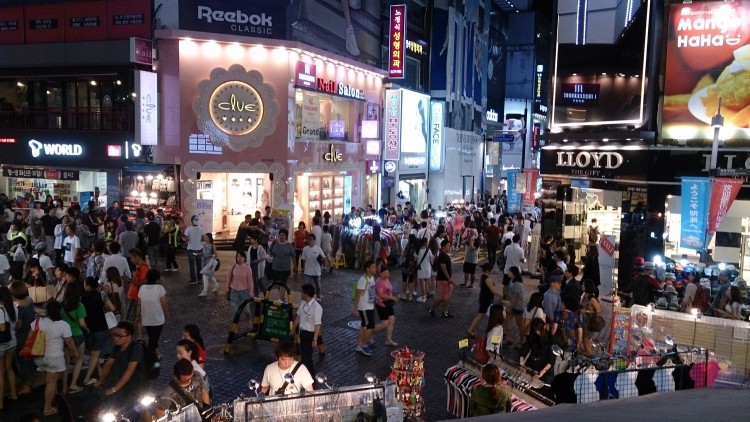President Lee Jae-myung Orders Crackdown on Anti-Foreigner Rallies

Government Direction
President Lee Jae-myung has instructed police and relevant ministries to take vigorous action against anti-Chinese and broader anti-foreigner rallies that cross legal lines, arguing that the scenes circulating online are beginning to harm Korea's international reputation. The order asks agencies to coordinate faster on-site responses where intimidation, harassment or incitement are alleged, and to publish clearer guidance so that both organizers and officers understand the thresholds that will trigger intervention. Tourism and culture authorities have been told to reinforce visitor-safety messaging in popular districts and to prepare recovery support when incidents dent bookings or local business sentiment.
Economic and Diplomatic Stakes
The move comes as Korea courts more international students, tourists and investors. Business groups say that repeated footage of confrontations near airports, shopping zones and campuses can impose a "brand penalty" just as the country tries to convert soft-power interest into travel and spending. University administrators report that foreign students are asking for multilingual hotlines and easier reporting channels, while city officials warn that neighborhood tensions often flare when small groups return to the same sites each weekend.
Rights and Boundaries
Civil-rights advocates back clearer guidelines, while warning that enforcement must target conduct and be applied evenly to all speakers. Legal scholars note that South Korea's assembly law already allows time, place and manner limits; the challenge is applying them transparently so peaceful protest is protected while threats and targeted harassment are not. The administration says it will publish aggregated data on complaints and outcomes to reduce accusations of selective policing.
What to Watch
Officials will be judged on follow-through: whether repeat organizers who persistently breach conditions face escalating penalties; whether campuses with large international cohorts see practical improvements such as rapid-response translation, escort services and safer routes at night; and whether the tourism ministry's outreach reassures visitors ahead of peak travel periods. If the policy reduces viral incidents without sweeping up peaceful gatherings, the government will argue that it has defended both order and openness at a moment when Korea's global profile is rising.



